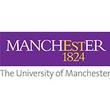
School of Social Sciences
About School of Social Sciences
Here at Manchester, we’re proud to do things differently. At our university, ideas become actions – and those actions change lives.
The School of Social Sciences is the University’s biggest school, welcoming thousands of people from across the world to join our community. We enjoy a global reputation for pioneering research and innovation, which connects us with people and organisations worldwide.
Our commitment to excellence is reflected in the achievements of our alumni and academics, including four Nobel Prize winners from the field of social sciences alone, with the most recent being awarded in 2024.
Choose our School of Social Sciences, and you’ll experience an education and environment that will set you on a path to become a global citizen and make your mark on the world
Listen to our Podcasts
- Podcast episode 1 – MSc Economics and Data Science with the University of Manchester
- Podcast episode 2 – MA Social change, Environment and Sustainability with The University of Manchester
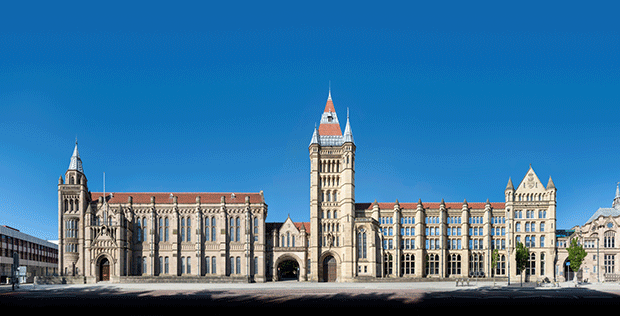
Worldwide reputation
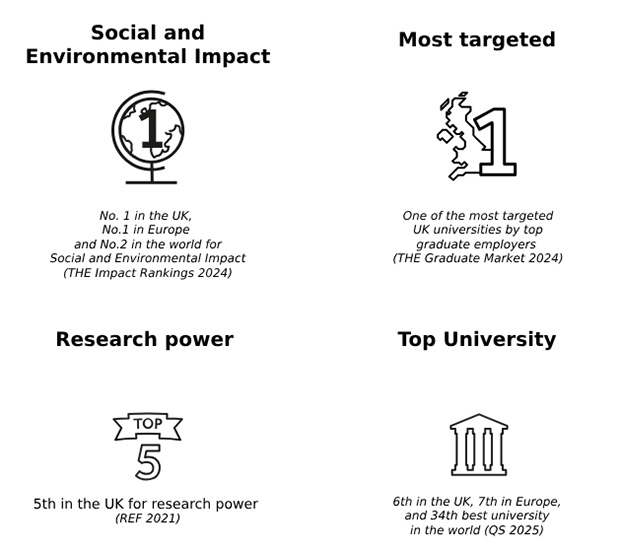
Our Programmes
We are proud to offer postgraduate, undergraduate and research opportunities across eight subject areas:
Click the links above to find out more about the degrees we offer in each subject area.
New Courses
Discover brand new degrees designed to equip graduates with the knowledge and skills that employers need right now:
MSc Economics and Data Science
Master an emerging field, blending in-depth training in data science and advanced economic theory, at one of the Europe’s leading centres for economics.
MA Social Change, Environment and Sustainability
Explore the interplay between Sociology, the global environmental crisis, and the challenges of building sustainable societies.
MSc Digital Trust, Society and Security
Tackle the challenges of digital transformation with insights from criminology, computer science, and sociology. Develop the skills to address issues like data exploitation, misinformation, and digital inequalities, supported by the Centre for Digital Trust and Society
Careers
Our Postgraduate Careers Service offers you dedicated support from the moment you join us. It will help you develop your personal and professional skills, connect you with potential employers and improve your overall employability.
Our graduates have excellent career prospects. With a strong understanding of human behaviour, societies, and their influencing factors, they can pursue a wide range of paths, working with prestigious organizations in various sectors such as policy, government, and diplomacy, as well as banking, and beyond. They excel in research, academia, social work, counselling, case management, policy analysis, market research, community development, public administration, media, international development, and diplomacy. Their journeys are filled with excitement as they contribute to shaping the world and making a significant impact.
Read more about our Postgraduate students’ career prospects.
English language requirements
Our requirements vary from course to course, or whether you’re applying for an undergraduate or postgraduate degree.
We accept a wide range of Standard English Language Tests (SELTs), and in some cases, school or university qualifications from your home country, as proof of your language competency.
English language requirements are listed on the relevant course information pages within our website. Read more about our requirements.
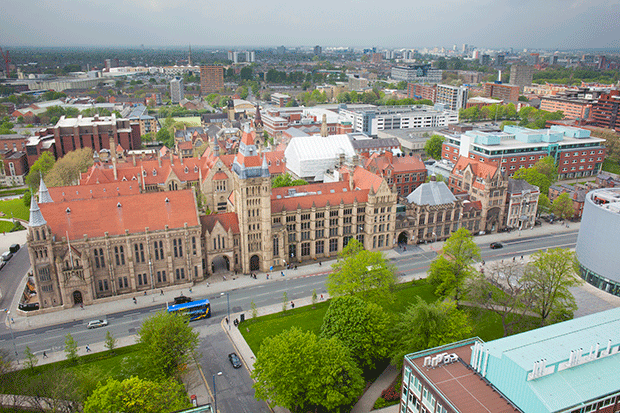
Fees and funding
Both home and international students may benefit from scholarships, merit awards, bursaries and loans available at The University of Manchester.
Home students may be eligible for a postgraduate loan from the government to cover a significant proportion of their tuition fees.
International students may be eligible for a number of international scholarships, such as the Manchester Humanities International Excellence Scholarship, the Global Futures Scholarship, or the GREAT Scholarship.
Both home and international students who have studied at Manchester for their undergraduate degree and achieved a First may be eligible for the Manchester Alumni Scholarship Scheme of a reduction of £3,000 in tuition fees.
For further information on fees and funding, available scholarships and bursaries, as well as their full eligibility criteria, please visit our funding pages.
In addition to your fees, we would recommend budgeting around £12,000-£16,000 a year for the cost of living (e.g. food, transport, accommodation, etc.). Read more about the cost of living in Manchester.
Our Campus
The University campus is a short 10-15 minute walk from the city centre and there are cycle lanes running through the main campus making it easy to get around. Manchester is well connected by road, rail and air transport links, enabling you to travel around the UK, Europe and beyond with ease.
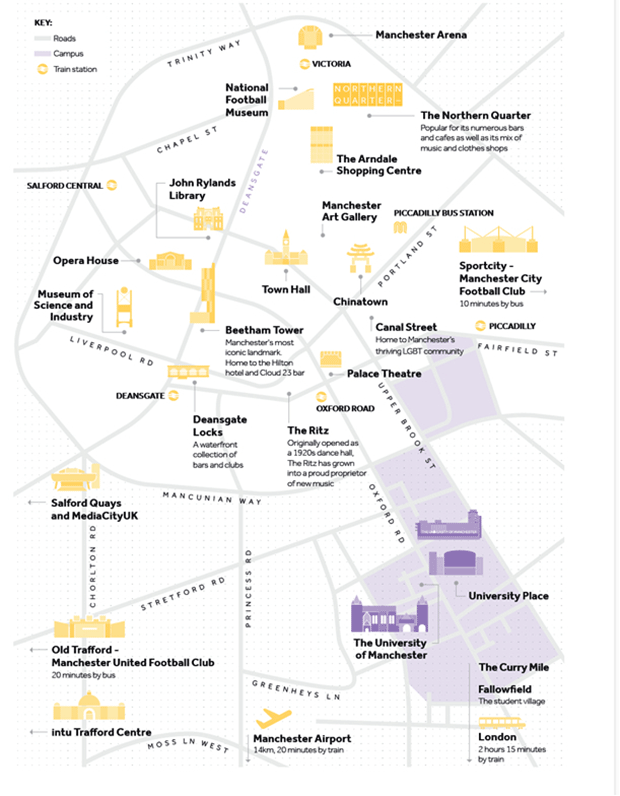
Accommodation
At the University of Manchester, students are guaranteed accommodation as we offer a wide range of university-owned housing options. With over 8,000 places available, we have one of the largest selections of on-campus accommodation in the country. We have specific residences exclusively reserved for postgraduate students, while in other accommodations, both undergraduate and postgraduate students live together in a vibrant community. Rest assured that no matter which residence you choose, you'll never be more than three miles away from the University campus.
See our accommodation.
Manchester
Manchester, a city renowned for its vibrant atmosphere, offers a plethora of opportunities for international students, postgraduate students, and those focused on building a successful career.
With its rich cultural heritage, diverse social scene, and captivating history, Manchester provides an ideal environment for studying Social Sciences.
Experience an exciting music and nightlife scene, featuring clubs, bars, and live music venues. The city hosts a multitude of festivals and cultural events, enhancing your social journey.
Indulge in diverse local and international cuisine that reflects Manchester's rich cultural tapestry and history.
Manchester is your ultimate gateway to academic excellence, cultural immersion, and a thriving career path.
Visit our ‘Discover Manchester’ page for a virtual experience tour: The University of Manchester city tour.
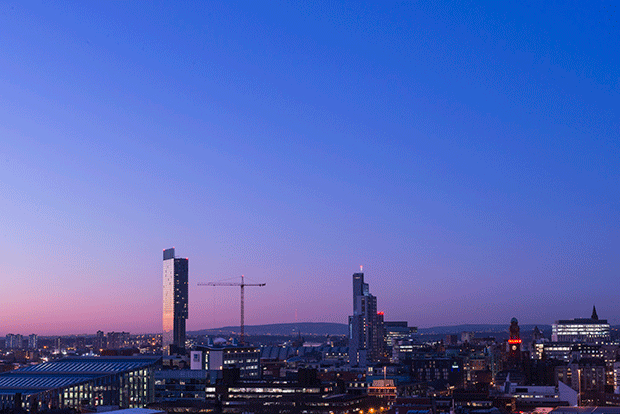
How to apply
All of our programmes (including postgraduate programmes) start in September.
Applications for undergraduate degrees are open from September to July and take place through UCAS.
Applications for postgraduate degrees are open from September to August and take place through our website. We operate a staged admissions process, ensuring that late applications are given equal consideration. However, our advice is to apply as early as possible – ideally between October and February.
If you’re considering master’s study we can help you with all stages of the admissions process, from gathering the correct documents to tracking your application.
Contact details
- Pg-soss@manchester.ac.uk
- Telephone
- +44 (0)161 306 1340
- Address
- The School of Social Sciences
- Arthur Lewis Building
- The University of Manchester
- Oxford Road
- Manchester
- M13 9PL
- Social media accounts

